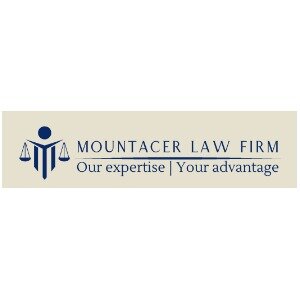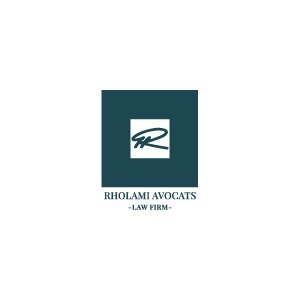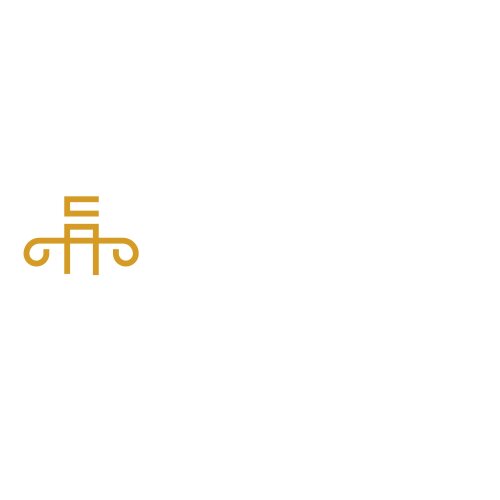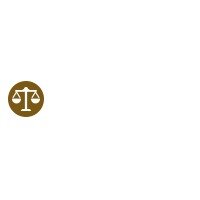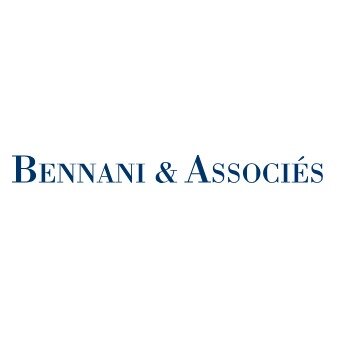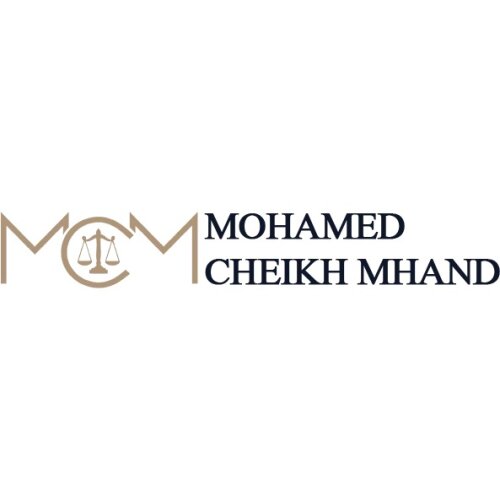Best Aviation Lawyers in Morocco
Share your needs with us, get contacted by law firms.
Free. Takes 2 min.
Or refine your search by selecting a city:
List of the best lawyers in Morocco
About Aviation Law in Morocco
Aviation in Morocco is a growing sector, playing a significant role in the country’s economy and connectivity. The nation has developed a robust aviation framework to regulate airspace usage, ensure the safety of air travel, and promote sustainable aviation growth. As part of the ICAO, Morocco aligns its regulations with international standards while also addressing local needs. Key players in the Moroccan aviation industry include the Royal Air Maroc, ONDA (Office National Des Aéroports), and various commercial and regional airports.
Why You May Need a Lawyer
There are several situations where seeking legal advice in the aviation field may be necessary. These can include disputes relating to airline contracts, employment issues within aviation companies, matters concerning aviation safety and regulation compliance, passenger rights queries, aircraft leasing and finance issues, liability and incident investigations, and more. Legal assistance can help in navigating contracts and agreements, ensuring compliance with aviation regulations, and protecting individual or company rights within the aviation sector.
Local Laws Overview
Moroccan aviation law covers numerous aspects, from civil aviation safety to airline operations and airport management. Key legal components include:
- Aviation Safety and Security: Regulations ensuring that all aircraft operations comply with safety standards.
- Environmental Regulations: Laws related to noise pollution and environmental impact caused by aviation activities.
- Consumer Protection: Providing rights for passengers regarding cancellations, delays, and compensation.
- Airworthiness Standards: Guidelines that ensure aircraft are in suitable condition for safe operation.
- Regulatory Bodies: The Direction de l’Aviation Civile (DAC) oversees regulatory compliance and policy implementation.
Frequently Asked Questions
What is required to start an airline in Morocco?
Starting an airline involves obtaining an Air Operator Certificate (AOC) from the DAC, meeting safety and operational requirements, and securing financial backing.
How does Morocco handle passenger complaints?
Passengers can submit complaints to the transportation ministry or relevant airline. Consumer rights are protected, often requiring compensation for significant delays or cancellations.
What regulations govern aircraft leasing in Morocco?
Aircraft leasing is governed by international agreements like the Cape Town Convention and local laws, ensuring lessees meet safety and financial criteria.
Are there noise regulations affecting Moroccan airports?
Yes, there are specific noise abatement procedures and zones around airports to minimize noise pollution affecting residential areas.
Can foreign pilots work in Morocco?
Foreign pilots can work in Morocco, provided they convert their licenses and comply with Moroccan aviation standards and immigration rules.
What are the responsibilities of ONDA?
ONDA is responsible for airport management, including infrastructure, air traffic services, and implementing airport policies.
How are air operator licenses regulated?
Licenses are regulated by the DAC, ensuring safety, financial soundness, and compliance with international aviation standards.
What is the process for accident investigations?
The Bureau d’Enquêtes et d’Analyses (BEA) conducts independent investigations adhering to ICAO guidelines to improve future safety.
How can drone regulations affect businesses?
Businesses using drones must comply with specific registration, operational limitations, and privacy laws to ensure safety and legal usage.
What is Morocco doing about flight emissions?
Morocco is aligning with international efforts like the Carbon Offsetting and Reduction Scheme for International Aviation (CORSIA) to tackle emissions.
Additional Resources
For further assistance, consider reaching out to these bodies:
- Office National Des Aéroports (ONDA): For information on airport operations and regulations.
- Direction de l’Aviation Civile (DAC): Governing body for all civil aviation activities in Morocco.
- Ministère de l'Equipement, du Transport, de la Logistique et de l'Eau: Manages transportation policies, including aviation.
- International Civil Aviation Organization (ICAO): For international rules and guidelines affecting Moroccan airspace.
Next Steps
If you require legal assistance in the aviation sector, consider taking the following steps:
- Research and Identify: Look for legal professionals specializing in aviation law with experience in Morocco.
- Consult: Arrange a consultation to discuss your specific needs, whether they involve regulatory compliance, business disputes, or contractual issues.
- Documentation: Gather any relevant documentation or records pertaining to your case to provide to your lawyer.
- Follow-up: Regularly communicate with your legal advisor to stay updated on your case or any ongoing legal requirements.
Understanding the intricacies of aviation law in Morocco can be complex. Seeking professional legal guidance ensures adherence to regulations while securing your interests within the aviation sector.
Lawzana helps you find the best lawyers and law firms in Morocco through a curated and pre-screened list of qualified legal professionals. Our platform offers rankings and detailed profiles of attorneys and law firms, allowing you to compare based on practice areas, including Aviation, experience, and client feedback.
Each profile includes a description of the firm's areas of practice, client reviews, team members and partners, year of establishment, spoken languages, office locations, contact information, social media presence, and any published articles or resources. Most firms on our platform speak English and are experienced in both local and international legal matters.
Get a quote from top-rated law firms in Morocco — quickly, securely, and without unnecessary hassle.
Disclaimer:
The information provided on this page is for general informational purposes only and does not constitute legal advice. While we strive to ensure the accuracy and relevance of the content, legal information may change over time, and interpretations of the law can vary. You should always consult with a qualified legal professional for advice specific to your situation.
We disclaim all liability for actions taken or not taken based on the content of this page. If you believe any information is incorrect or outdated, please contact us, and we will review and update it where appropriate.
Browse aviation law firms by city in Morocco
Refine your search by selecting a city.





